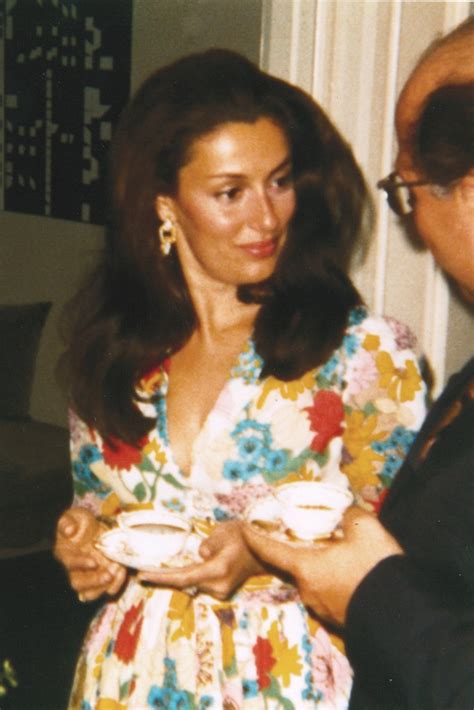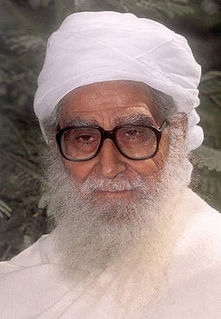A Quote by Mahatma Gandhi
Yet even differences prove helpful, where there are tolerance, charity and Truth.
Related Quotes
Only in truth does charity shine forth, only in truth can charity be authentically lived. Truth is the light that gives meaning and value to charity. That light is both the light of reason and the light of faith, through which the intellect attains to the natural and supernatural truth of charity: it grasps its meaning as gift, acceptance, and communion. Without truth, charity degenerates into sentimentality. Love becomes an empty shell, to be filled in an arbitrary way.
Tolerance obviously requires a non-contentious manner of relating toward one another’s differences. But tolerance does not require abandoning one’s standards or one’s opinions on political or public policy choices. Tolerance is a way of reacting to diversity, not a command to insulate it from examination.
Unlimited tolerance must lead to the disappearance of tolerance. If we extend unlimited tolerance even to those who are intolerant, if we are not prepared to defend a tolerant society, then the tolerant will be destroyed, and tolerance with them. We should therefore claim, in the name of tolerance, the right not to tolerate the intolerant.
Is it not possible to look beyond the canes, the wheelchairs, the braces, and the crutches into the hearts of the people who have need of these aids? They are human beings and want only to be treated as ordinary people. They may appear different, move awkwardly, and speak haltingly, but they have the same feelings. ... They want to be loved for what they are inside, without any prejudice for their impairment. Can there not be more tolerance for differences-differences in capacity, differences in body and in mind?
We have had philosophies, we have ideologies, we have so many kinds of enterprises but despite that there are so many differences and the differences are having larger and larger gaps. If it is the truth, it has to be the truth for everyone. Everyone has to say: "This is The Truth". But it has to be the Absolute Truth. If it is not the Absolute Truth than what we believe into is not the reality. And this is the main reason why everything in the name of God, Divinity, everything has failed so far because it is not substantiated by reality.
Tolerance is an attitude of reasoned patience towards evil and a forbearance that restrains us from showing anger or inflicting punishment. But what is more important than the definition is the field of its application. The important point here is this: Tolerance applies only to persons but never to truth. Intolerance applies only to truth but never to persons. Tolerance applies to the erring; intolerance to the error.
In order to survive, a plurality of true communities would require not egalitarianism and tolerance but knowledge, an understanding of the necessity of local differences, and respect. Respect, I think, always implies imagination - the ability to see one another, across our inevitable differences, as living souls.
Perhaps the greatest charity comes when we are kind to each other, when we don’t judge or categorize someone else, when we simply give each other the benefit of the doubt or remain quiet. Charity is accepting someone’s differences, weaknesses, and shortcomings; having patience with someone who has let us down; or resisting the impulse to become offended when someone doesn’t handle something the way we might have hoped. Charity is refusing to take advantage of another’s weakness and being willing to forgive someone who has hurt us. Charity is expecting the best of each other
If people depend on me to be a man of truth, I have to prove again and again and again and again that I am a man of truth. It cannot be that on Monday I am a man of truth, on Tuesday I speak three-quarters truth, Wednesday I speak half-truth, on Thursday I speak one-quarter truth, on Friday I don't speak at all, and on Saturday I can't even think how to speak the truth.









































